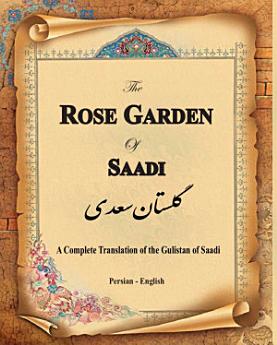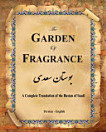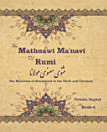The Rose Garden of Saadi: A Complete Translation of the Gulistan of Saadi (Bilingual)
About this ebook
بنی آدم اعضای یکدیگرند که در آفرینش ز یک گوهرند
The sons of Adam are limbs of each other
Having been created of one essence.
چو عضوی به درد آورد روزگار دگر عضوها را نماند قرار
When the calamity of time afflicts one limb
The other limbs cannot remain at rest.
تو کز محنت دیگران بی غمی نشاید که نامت نهند آدمی
If thou hast no sympathy for the troubles of others
Thou art unworthy to be called by the name of a man.
Gulistan, written by Sádi, is a literary gem in Persian literature that boasts a simple yet powerful prose style, which is described as "simple but impossible to imitate." The author expertly weaves together literary techniques such as synonymity, homophony, oxymoron, internal rhythm, and external rhyme to create an effortless and natural flow.
The book, divided into 8 chapters, covers a wide range of themes such as kings' morality, dervishes' behavior, the benefits of contentment, the power of silence, love and youthfulness, the challenges of old age, the impact of education, and the rules for leading a fulfilling life.
Gulistan serves as a reflection of the society of Sádi's time, providing a glimpse into the cultural and social conditions of the people through real and fictional events. The author uses a combination of imagined and real characters and draws on his own experiences to offer wisdom on living freely and improving the quality of life.
The book has been widely translated over the years, with the translation featured in this book by Edward Rehatsek in 1888. Sádi's work was first introduced to the west by Goethe and Andre du Ryer in 1634. The first full English translation of Gulistan was completed by Sir Richard Francis Burton.
Gulistan is considered a masterpiece of Persian writing and rhetoric and one of the most influential prose books in Persian literature. It has been used as an educational resource in schools for many years, providing a deeper understanding of Persian culture and literature.
Published by:
Persian Learning Center
www.persianbell.com






